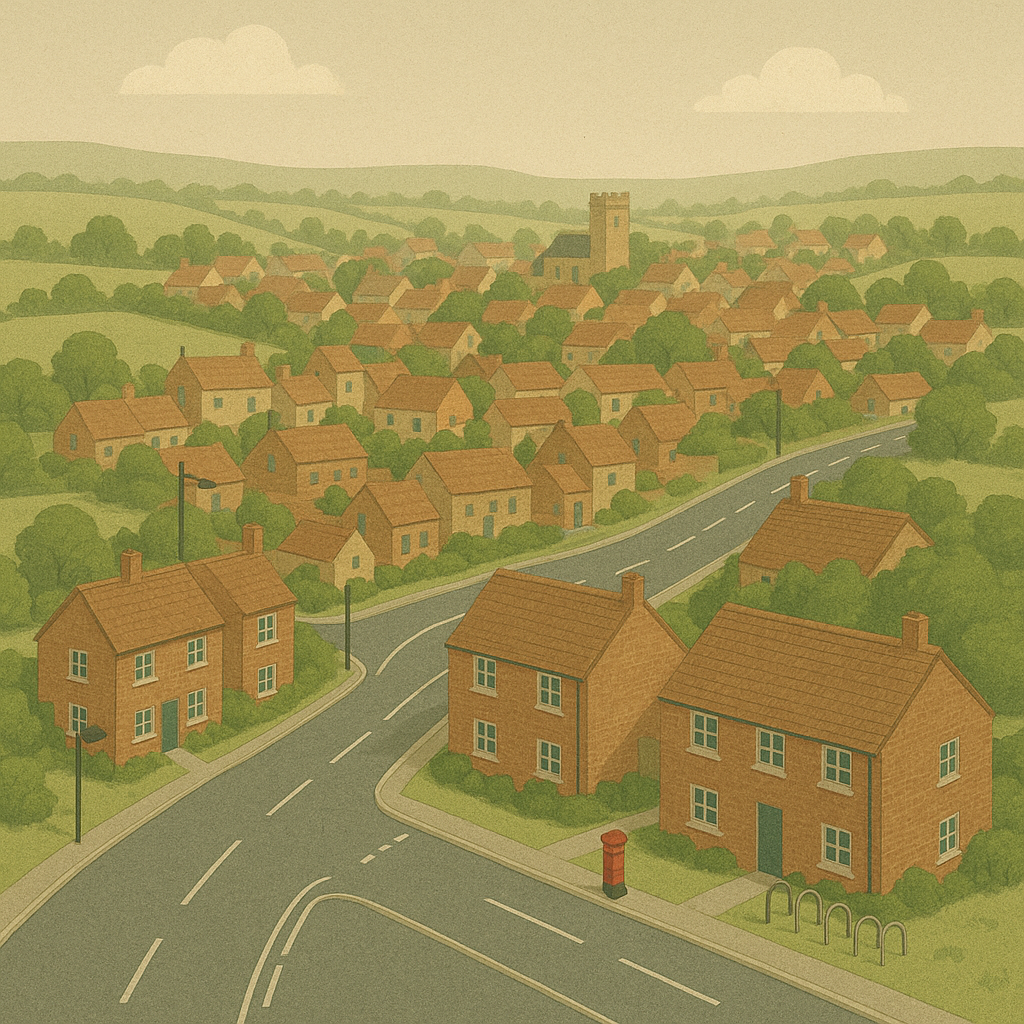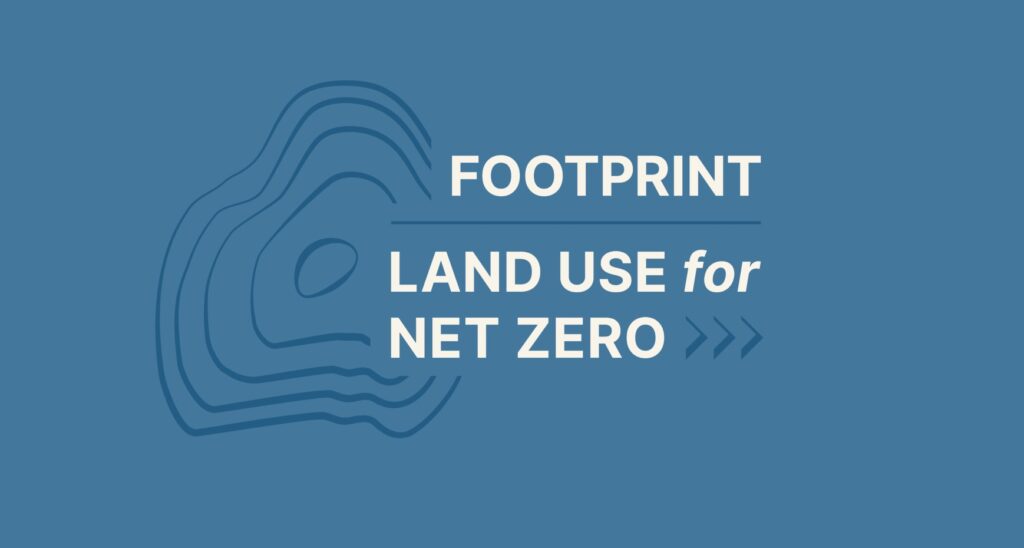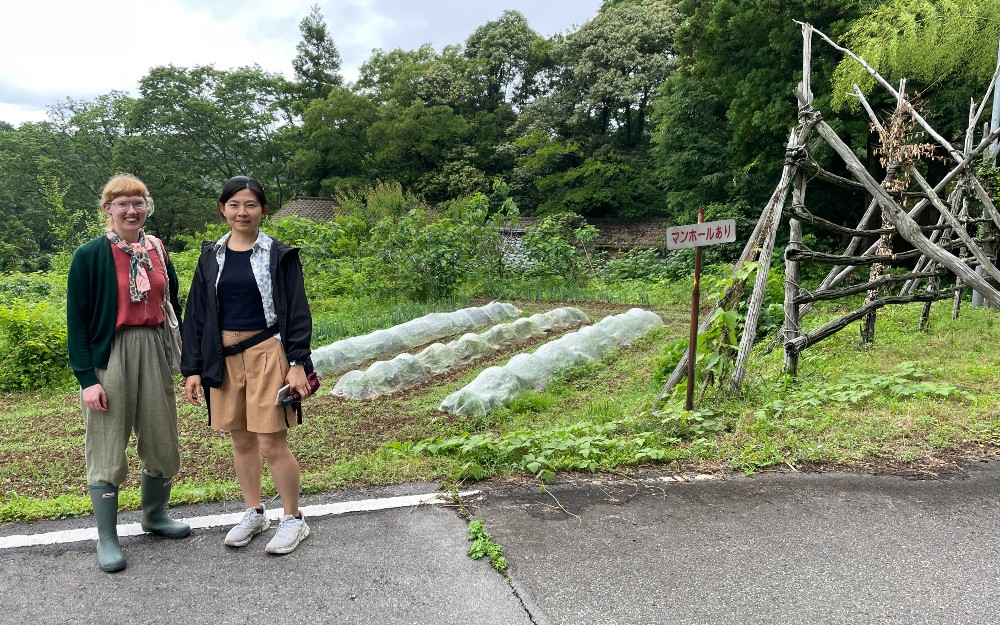Following on from the news of Chris Short having a paper published linked to the recent Horizon 2020 project, PEGASUS, three further papers have just been accepted for publication.
Firstly, Phil Staddon, who shares his time between research for CCRI and the Royal Agricultural College where he lectures with regard to the future of food and farming industries, was co-author of a paper which was led by a PhD student under his supervision. Phil commented that “this paper originated from work investigating the impact of grazing intensity on below-ground ecology. There is surprising little known about the role of livestock density on ecosystem functioning, especially what might be happening to soil biodiversity. This review sheds light on the possible pathways by which grazing impacts soil ecology”.
The full reference for Phil’s article – which has free access for 50 days is:
- Faghihimia, Maede, Zou, Yi, Chen, Zheng, Bai, Yongfei, Li, Wenhuai, Marrs, Rob and Staddon, Philip L. (2020) The response of grassland mycorrhizal fungal abundance to a range of long-term grazing intensities. Rhizosphere, 13. p. 100178. ISSN 2452-2198
Secondly, Senior Research Fellow, Nenia Micha was lead author of a paper published in ‘Sustainability’. Regarding the article, Nenia said “this work stems from a workshop where people, from various backgrounds, used participatory methods to exchange their knowledge and beliefs. It is the result of a great team effort with colleagues and friends from Teagasc, Ireland and from other parts of Europe. It marked the end of an enjoyable research process during which we all learned a lot. The paper highlights the complexity of achieving farm-level sustainability when multiple stakeholders are invited to co-decide and sends an interesting message, particularly now that our food security is being challenged.
The article, entitled ‘The Complex Pathway towards Farm-Level Sustainable Intensification: An Exploratory Network Analysis of Stakeholders’ Knowledge and Perception’, is available as an open access document and, the full reference is:
- Micha, Evgenia, Fenton, Owen, Daly, Karen,Kakonyi, Gabriella, Ezzati, Golnaz, Moloney, Thomas and Thornton, Steven. (2020) The Complex Pathway towards Farm-Level Sustainable Intensification: An Exploratory Network Analysis of Stakeholders’ Knowledge and Perception. Sustainability, 12(7), 2578.
Finally, Matt Reed who is a Reader in Food Citizenship has a sole-authored article published in Moravian Geographical Reports entitled ‘Scientific citizens, smartphones and social media – reshaping the socio-spatial networks of participation: Insects, soil and food’.
Matt Reed said “this publication is described as a scientific communication because I’m taking the opportunity to reflect on previous papers I have written with colleagues across several topics. All of these papers focus on people’s participation in science, and it how to do that most effectively is the focus. I am arguing that people need to be fully integrated into scientific projects to make sure they are most effective. That is not just collecting data as in citizen science projects but involved in setting the basic questions and understanding the results. Citizens have a vast, and proven capacity, to solve severe problems, but we need to structure research so that people work together.”
The complete journal which contains Matt’s article can be accessed via the link below within the full reference.
- Reed, Matt. (2020) Scientific citizens, smartphones and social media reshaping the socio-spatial networks of participation: Insects, soil and food. Moravian Geographical Reports, 28 (1)




